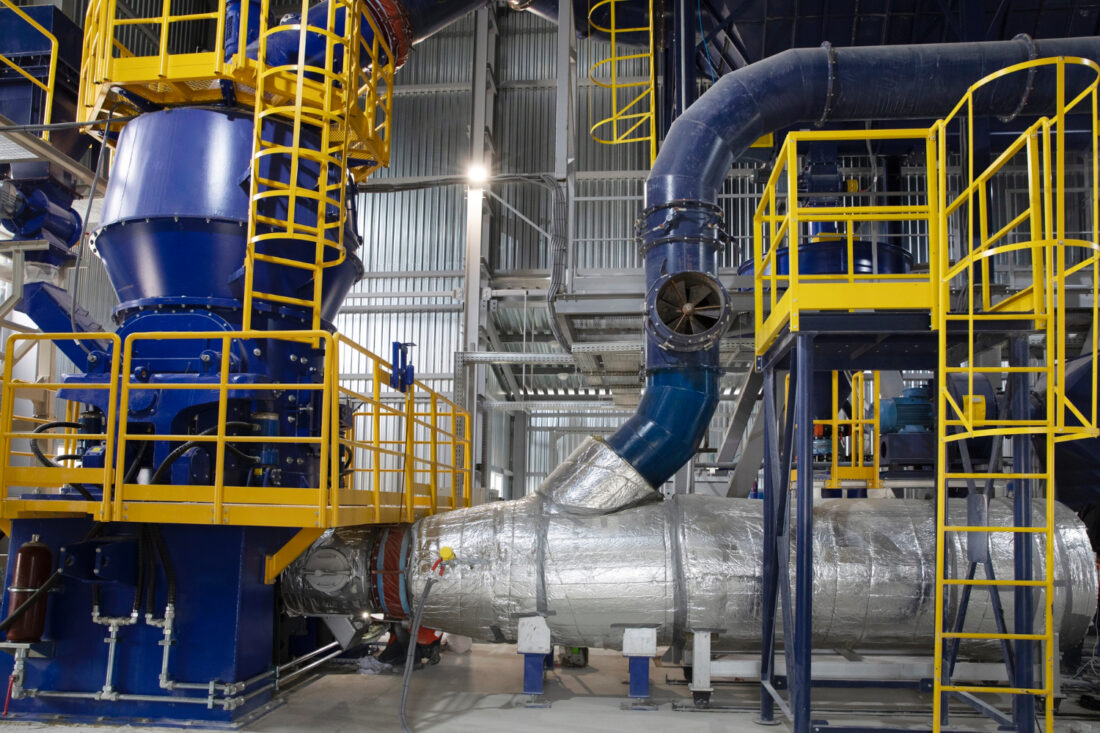The Ultimate Guide to Maintaining Your Industrial Water Well System

The Importance of Maintenance
Maintaining your industrial water well system is paramount for ensuring operational efficiency and water quality. Regular maintenance might help your system last longer and avoid unplanned malfunctions. This comprehensive guide aims to help you learn more about effective maintenance strategies. According to a U.S. Environmental Protection Agency report, unmaintained wells are at a higher risk of contamination and mechanical failure, making routine checks indispensable.
Regular Inspections
Routine inspections are an essential component of well upkeep. By methodically assessing the well’s hardware and physical construction, potential problems can be found and fixed before they become significant ones. Inspections conducted once a year and monthly help guarantee the system’s safe and effective operation.
Monthly Checks
Monthly checks should include:
- Inspecting the wellhead for cracks or leaks.
- Verifying that vents and caps are in place.
- Ensuring that the area around the well is free from contaminants.
Annual Inspections
Annual inspections should be more comprehensive, involving water quality testing and thoroughly examining the pump and mechanical components. Hiring a certified professional to conduct these inspections can provide additional assurance.
Proper Water Treatment
To keep your industrial water well system safe and healthy, water treatment is necessary. Protecting the system and the end consumers means ensuring the water is pure.
Filtration Systems
Installing or updating filtration systems can help remove sediments and harmful bacteria. Regularly replacing filters is crucial to maintaining effectiveness.
Disinfection
Chlorination is one type of disinfection that can kill germs and ensure the water is safe. A water treatment specialist can ascertain the ideal approach for your requirements.
Technology Integration
Integrating modern technology into your water well system can significantly enhance maintenance practices. Smart sensors and IoT devices provide real-time data that can preemptively identify potential issues.
Smart Meters
Smart meters can track water usage and detect anomalies indicating leaks or inefficiencies. Over time, the data collected can help optimize water use and predictive maintenance.
IoT Devices
IoT devices can monitor parameters such as flow rate, pressure, and temperature, providing detailed insights that aid in maintaining the system’s health. These devices can alert management to irregularities, allowing for quick intervention.
Benefits of Proper Maintenance
Proper maintenance of your industrial water well system offers many benefits. These include improved water quality, extended system lifespan, and reduced operational downtime.
- Improved Water Quality: Regular checks and proper treatment ensure the water remains free from contaminants.
- Extended Lifespan: Regular maintenance keeps the system from wearing out by preventing wear and tear.
- Reduced Downtime: Preventive maintenance reduces the possibility of unplanned malfunctions, ensuring uninterrupted operations.
Future Trends in Well System Maintenance
The future of industrial water well maintenance looks promising, with continuous technological advancements driving efficiency. Emerging trends such as AI and machine learning are poised to revolutionize how we monitor and maintain well systems.
Artificial Intelligence
AI enables a more proactive approach by analyzing massive data sets to forecast maintenance requirements and identify problems before they become urgent.
Machine Learning
Machine learning algorithms can improve system optimization by learning from historical data and making adjustments in real-time to enhance performance and longevity.









